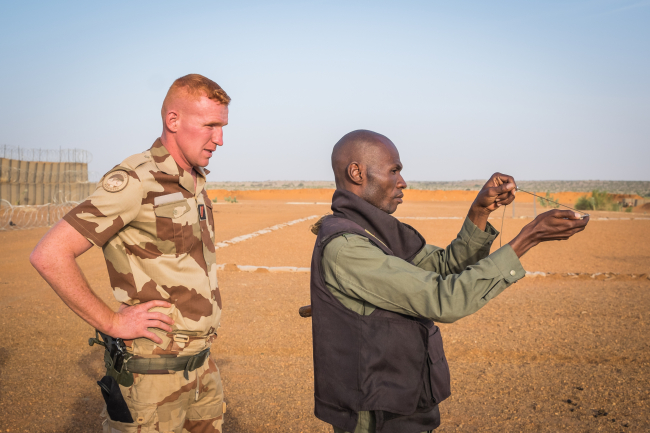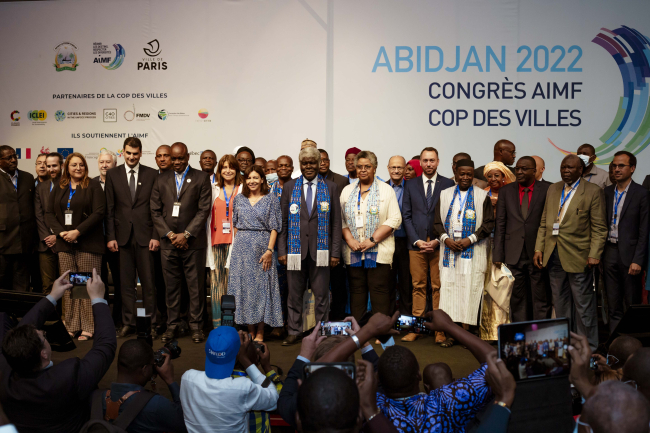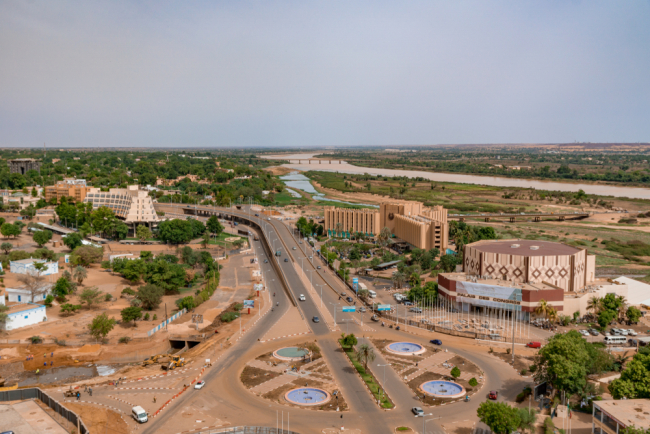Understanding Intermediate Cities in Nigeria: The Cases of Ibadan and Abeokuta
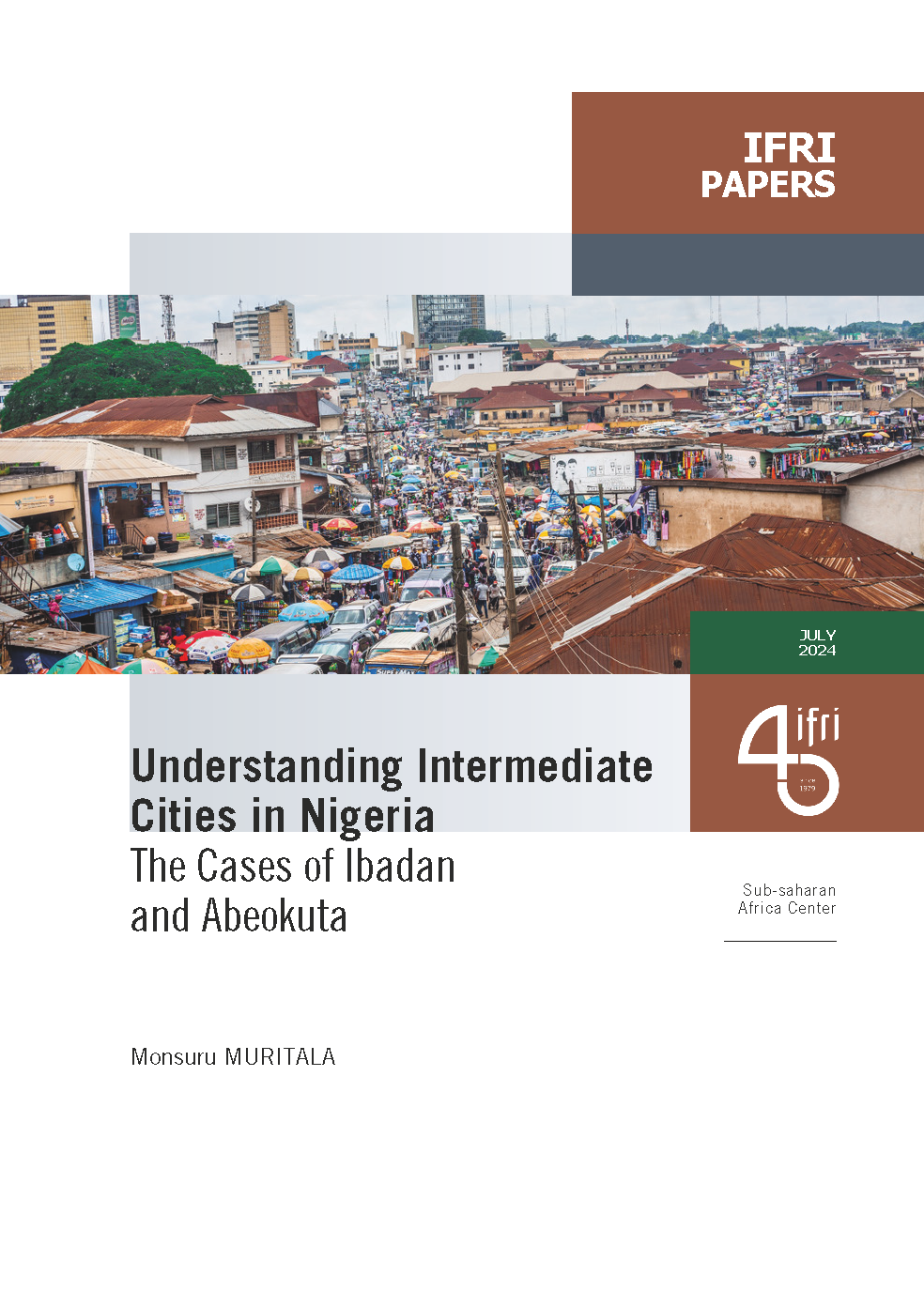
Nigeria is known for its rapid demographic and urban growth.
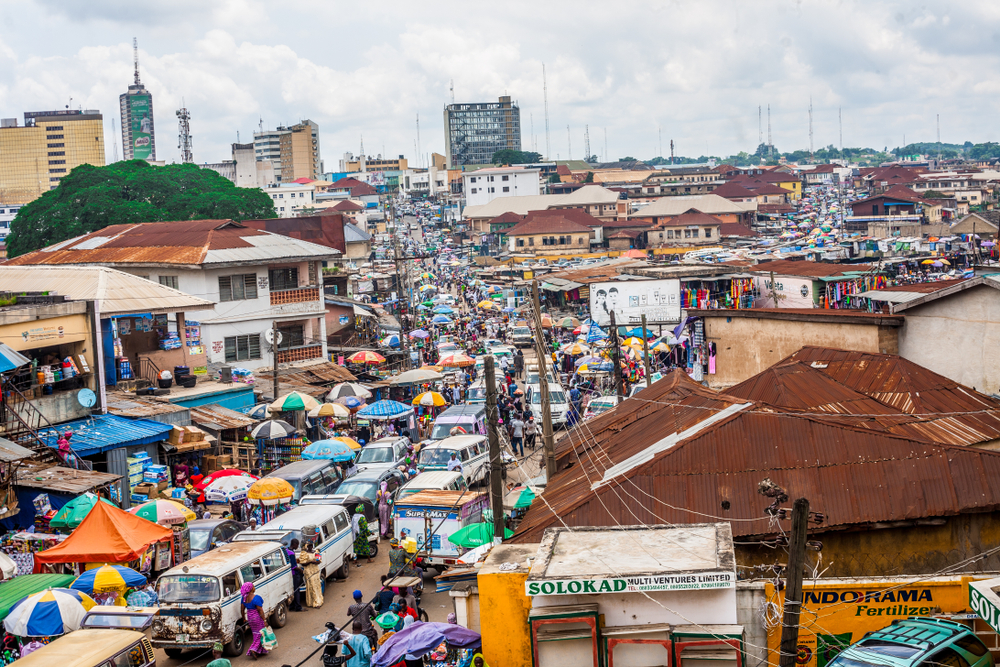
The attention of media and scholars has been focused on the impressive expansion of the Nigerian megacity Lagos, whose population is expected to increase from 16 million in 2024 to around 40 million in 2035. Consequently, less evidence exists about other city categories in Nigeria, such as intermediate or secondary cities. Yet, more recent research on urbanization dynamics in Africa has highlighted the relatively higher urban growth rates in so-called “intermediate cities”.
This paper contributes to the debate and aims at providing a different perspective on urbanization in Nigeria: based on a historical approach, this Ifri Paper assesses the development of two intermediate-satellite cities to Lagos: Abeokuta and Ibadan.
It argues that Lagos is not a stand-alone city but that it relies on its broader urban network composed of intermediate cities. The paper describes the historical development of Ibadan and Abeokuta, which have evolved concomitantly with the growth of Lagos. It shows that transport infrastructure, established since the colonial period has been key for the relationship between these cities.

Available in:
Regions and themes
ISBN / ISSN
Share
Download the full analysis
This page contains only a summary of our work. If you would like to have access to all the information from our research on the subject, you can download the full version in PDF format.
Understanding Intermediate Cities in Nigeria: The Cases of Ibadan and Abeokuta
Related centers and programs
Discover our other research centers and programsFind out more
Discover all our analysesRebooting Italy's Africa Policy: Making the Mattei Plan Work
Against the backdrop of increasing anti-French rhetoric across parts of Francophone Africa, the relative failure of the counterinsurgency operation in the central Sahel (Operation Barkhane) and diplomatic rifts with several Sahelian countries, Paris has been rethinking its relationship with the continent for several years now. As a former imperial power that has seen its colonial domain in Africa gain independence between 1956 (Morocco-Tunisia) and 1977 (Djibouti), France has invented two successive roles for itself in Africa since 1960, particularly in French-speaking sub-Saharan Africa.
The dilemma of the Franco-African military relationship: reinvent or turn the page?
The origins of military presence and cooperation in Africa can be traced back to the tacit decolonization pact between the countries of French-speaking Africa. This cooperation led to the creation of African armies in the former colonies, as part of a project to prevent the spread of communism and maintain France's influence in the newly independent countries.
The Evolution of City Diplomacy in Africa: Impact, Potential, and Ongoing Challenges of African Cities’ International Activities.
Over the past decades, African cities have ranked among the leading players in the evolution of city diplomacy. Indeed, municipalities across the continent have gone beyond simply adapting to shifting trends in international cooperation. They have been shaping the current partnership approach that sees local authorities worldwide working together to pursue shared goals and address common urban challenges such as climate change, migration, and social justice.
The High Authority for Peacebuilding (HACP) in Niger 2011-2023. Placing the State at the heart of conflict prevention and management.
Like other Sahelian countries, Niger has been affected by terrorism for almost two decades now. This issue has highlighted both the limits of these countries’ security systems and, more profoundly, their inability to offer stability to the populations of certain parts of the country. In a way, these “jihadized insurgencies” are a continuity of groups that regularly take up arms against central states.







